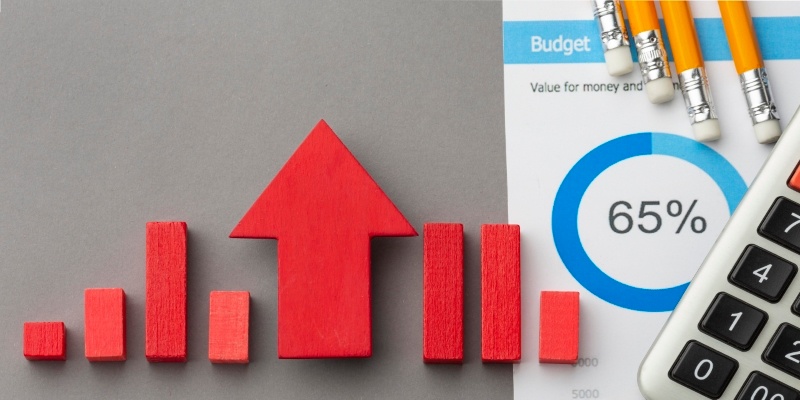The Complete Guide to Several Ways to Exchange Your Coins for Cash
Dec 24, 2023 By Triston Martin
Coins may seem old in this digital age, yet many U.S. families save pennies, nickels, dimes, and quarters in piggy banks or boxes. The U.S. Coin Task Force identified $48.5 billion in unused coins. This additional supply of coins has hindered money flow and hurt companies. The Federal Reserve still encourages individuals to exchange these coins for banknotes, even if the pandemic's effects have subsided. Several simple methods make these currencies easier to spend.
Credit Union Or Bank
The coin swap services at your local bank or credit union may make cash your change easy. Big major banks offer this service, including Chase, Bank of America, Wells Fargo, Citibank, and U.S. Bank. The method varies for every bank or credit union, so it's wise to grasp their policies.
To initiate a coin exchange, ask your local bank about coin acceptance. Certain banks have various criteria. Some like nicely rolled money, while others use sophisticated coin sorters for loose change. Because they share a coin sorter, you may be sent to another office in the same bank network. Ask your bank or credit union's customer service line about coin swap services before taking your coins to the bank. Coin swaps are accepted by many banks, although in different ways. Non-customers may be charged a minor fee in some companies. Make sure you understand the regulations, costs, and additional processes for non-users.
Sort your coins by value or roll them according to your bank's guidelines before trading. Some banks use coin bags to help customers monitor their change. Take note of any instructions your bank offers you to speed things up. Ask if coins may be exchanged for dollars or placed directly into your account. The organization may let you pick how you get the swapped value. Contacting your bank beforehand to discover how they handle coin exchanges will speed up the procedure and maximize your coins without fees or issues.
Local Coinstar
Local coinstars are the best place to cash your coins. Coinstar makes it easy to convert extra change into banknotes or coins with over 20,000 booths worldwide. Coinstar's extensive reach makes it simple to access, so there may be one near you. Coinstar devices allow coin trading in several ways. Simple and quick coin-to-cash conversion is the most popular choice. You should note that Coinstar costs 11.9% for this service. This cost may appear high, but Coinstar machines are simple to use.
Coinstar, however, offers free coin-to-e-gift card exchanges. This gives clients several alternatives because they may choose e-gift cards from over 20 major shops. Popular brands like Apple, Amazon, and DoorDash allow you to utilize excess change to receive points for goods and services.
The processing charge for changing coins into cash may deter some, but Coinstar's e-gift cards boost its attractiveness. Coinstar is a wonderful choice for folks who want to maximize their excess change because it's easy to put stray coins into useful forms and offers several alternatives. Also, a Coinstar location near you may help you convert loose change into cash or digital assets, depending on your needs.
Retailers In Your Area
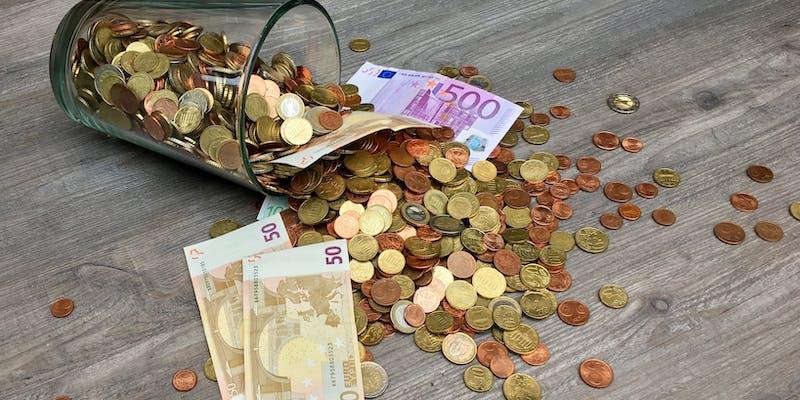
Local retailers, especially regional chains, can assist you in swapping coins, as can banks and Coinstar kiosks. Because they have deep community ties, these firms generally offer customized services. Some local shops have addressed coin shortages. While the epidemic caused a nationwide coin scarcity, convenience businesses like QuikTrip encouraged people to give their excess change. This technique illustrates how adaptable local retailers are and fosters problem-solving.
Food retailers like Publix in Florida have taken coin-cashing to the next level. Publix's coin swap program makes it easy for customers to exchange their coins. This service may cost a little but may make town travel easier. Keep in mind that local businesses may have varying coin-exchanging policies. Some ask consumers to roll their cash, while others employ currency sorters or coordinate with surrounding merchants to speed things along. Contact customer service or seek signage within these stores to learn about their services and prices.
As a community member, watch for local shop efforts. Businesses that care about the community adapt their offerings to client demands. Coin-cashing services might aid the community. Local retailers can change your coins for cash. Local businesses boost the economy by making it easy to transform stray change into valuable items. They achieve this by fixing coin shortages or giving services.
Paying With Coins
Exchanging coins for cash or gift cards is widespread. However, some people prefer to utilize their coins for purchases. However, it's important to consider some factors to guarantee a seamless transaction and good retailer relations.
It's best to ask the merchant about coin payments before paying with coins, especially in big amounts. Many companies are tolerant, especially for little sums and precise change, but being upfront about using coins can assist both sides. Remember that establishments are not required to accept coins as principal payment. Cashiers may need to manually count and check larger amounts of coins, especially unrolled ones. Retailers with limited staff or a long cash register queue may not accept large monetary payments.
Consider these points while paying with coins:
- Check with the store about coin payments. Some companies may restrict coin transactions.
- Informing the store of your large currency usage is polite. This helps them make plans and streamline the transaction.
- When practical, use precise change to avoid register disturbances. This helps with little transactions that don't affect the cash register queue.
- Understand that certain shops may struggle to process large coin payments. Respect their rules and be flexible when exploring alternate payment ways.
Alternatives to Cash
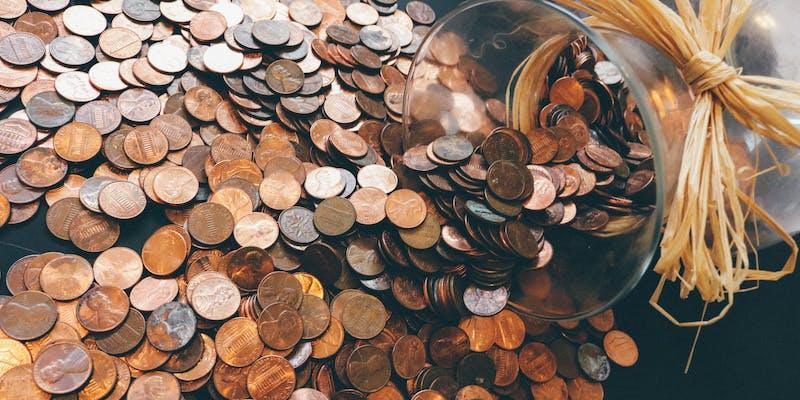
Alternative cash register payment systems can eliminate currency collection and make transactions more comfortable and contemporary. Credit cards, debit cards, and digital wallets provide fast, cashless transactions. These approaches remove coinage and streamline checkout.
Transfer money to friends and family using Zelle, Venmo, or Cash App. You may send and receive money online without dealing with cash on these services. These solutions improve financial ease, minimize currency use, and fit the changing digital payment scenario.

3 Ways to Pay Off Student Loans Fast
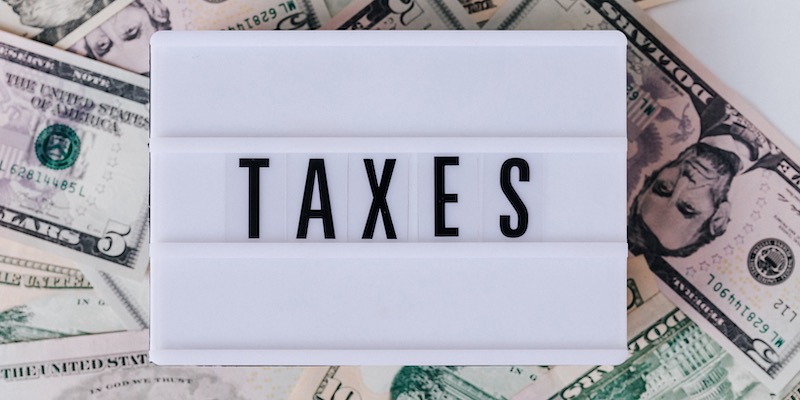
What is a Tax Levy, and How to Handle One?
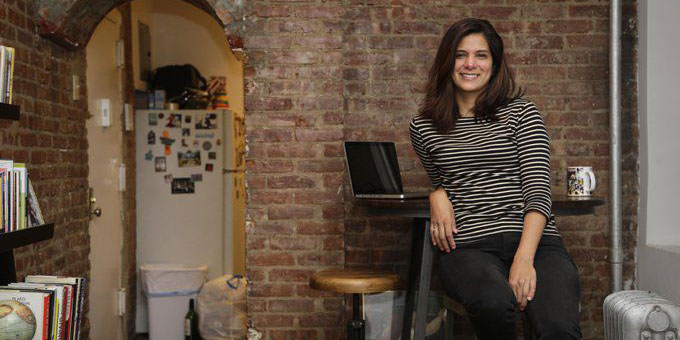
Listing Your Home on Airbnb
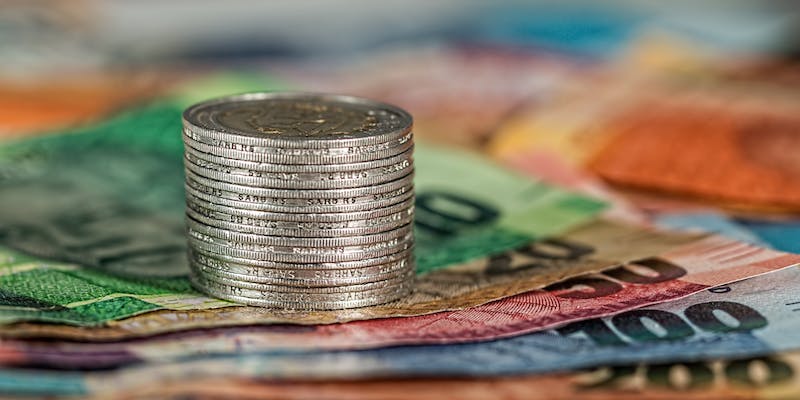
The Complete Guide to Several Ways to Exchange Your Coins for Cash
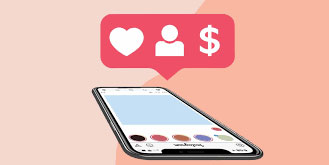
How Instagram Makes Money

Fred Loya Auto Insurance
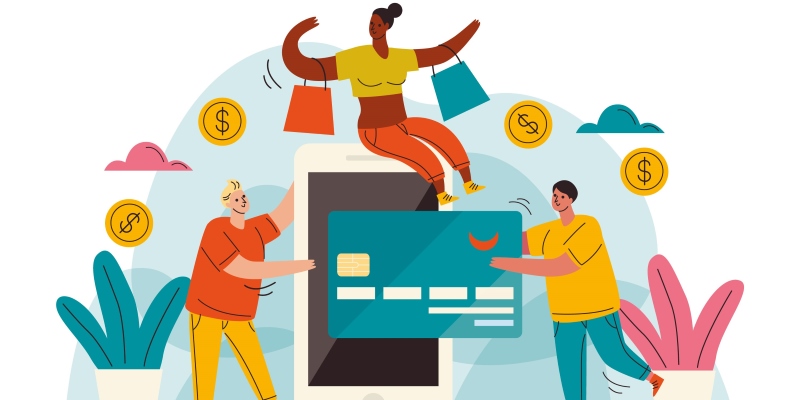
Could Credit Card Rewards Die—Just Like Debit Card Rewards Did?
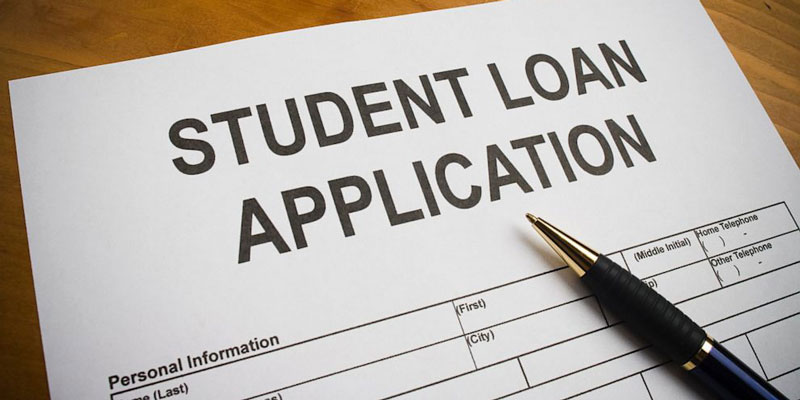
What Kind of Loans Do Great Lakes Student Loans Offer?
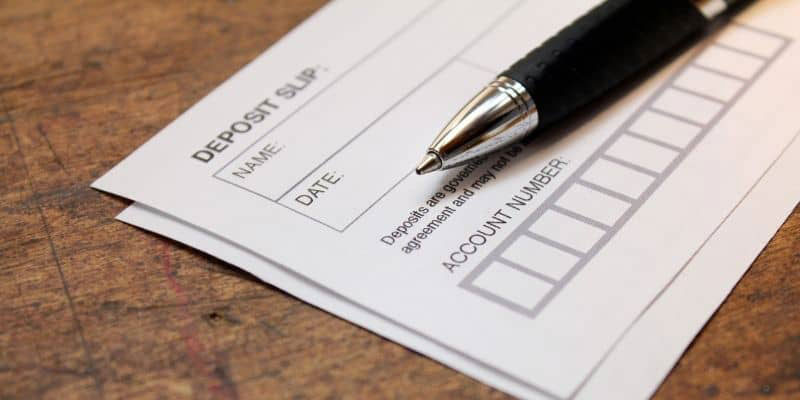
How Do Checks Work?
